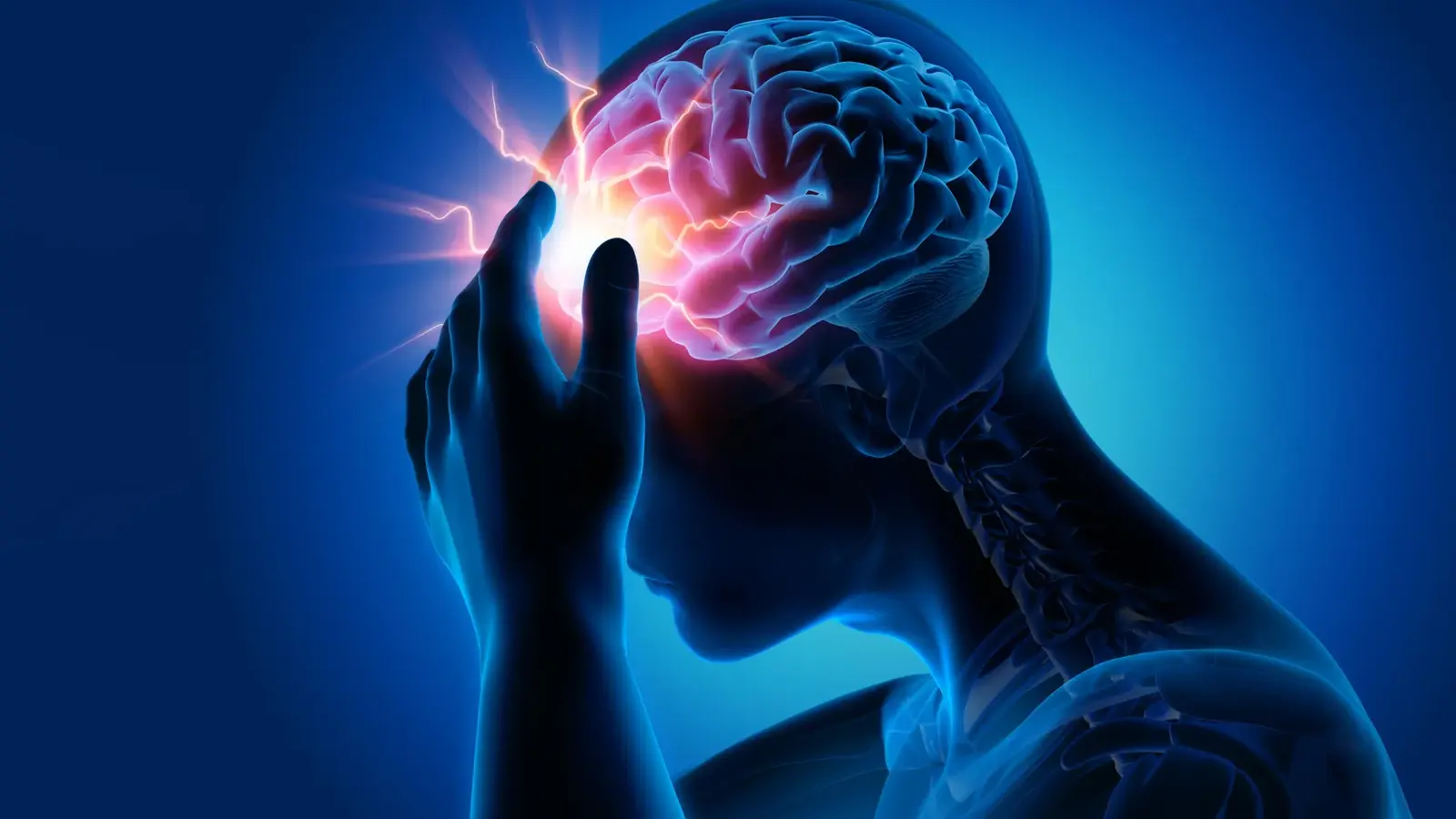5 Minutes
High salt intake linked to brain inflammation and hypertension
A new interdisciplinary study led by McGill University researcher Masha Prager-Khoutorsky indicates that a diet high in salt can provoke inflammatory changes in the brain that contribute to elevated blood pressure. Credit: Shutterstock
The research, conducted by teams at McGill and the Research Institute of the McGill University Health Centre and published in the journal Neuron, shifts part of the focus on hypertension from peripheral organs to the central nervous system. While kidneys and blood vessels have long been considered the primary drivers of high blood pressure, this study suggests the brain can act as a causal hub for certain forms of hypertension, especially those resistant to conventional treatments.
"This is new evidence that high blood pressure can originate in the brain, opening the door for developing treatments that act on the brain," said Masha Prager-Khoutorsky, associate professor in McGill's Department of Physiology. The finding is notable because hypertension affects roughly two-thirds of people over 60 and is implicated in about 10 million deaths worldwide annually. Many cases are asymptomatic yet substantially increase the risk of heart attack, stroke and kidney disease.
Study design and experimental findings
To emulate human dietary patterns, the team provided rats with drinking water containing two percent salt — a level intended to mirror the sodium load from diets rich in processed foods like fast food, bacon, instant noodles and processed cheese. Researchers selected rats because their salt and water regulation is physiologically closer to humans than commonly used mice, improving the translational relevance of the results.
Using advanced brain imaging and contemporary molecular techniques, the investigators observed activation of microglia— the brain's resident immune cells— in a localized region that regulates fluid balance and cardiovascular function. That immune activation produced inflammation and a measurable increase in vasopressin, a hormone that promotes water retention and vasoconstriction, both of which elevate blood pressure. The study combined live imaging, cellular assays and neurophysiological measurements to trace a pathway from dietary salt to neuroinflammation to hormonal and cardiovascular responses.
Mechanisms: microglia, astrocytes and vasopressin
The research highlights interactions among microglia, astrocytes and neurons. Activated microglia appeared to remodel nearby astrocytes— the star-shaped support cells that regulate neuronal environment— which in turn altered neuronal excitability in circuits controlling vasopressin release. The resulting hormonal surge and autonomic changes drove sustained blood pressure increases in the salt-exposed animals.
These mechanistic insights explain how a peripheral trigger (dietary salt) can produce central nervous system inflammation that then feeds back to cardiovascular regulation. The published paper, "Microglia regulate neuronal activity via structural remodeling of astrocytes" (Ning Gu et al.), acknowledges funding from the Canadian Institutes of Health Research, the Heart and Stroke Foundation of Canada and the Azrieli Foundation.

Implications for treatment and public health
About one-third of people with hypertension do not achieve control with standard therapies that primarily target vasculature and kidney function. The study suggests those treatment-resistant cases may benefit from interventions aimed at reducing neuroinflammation or modulating brain circuits that regulate vasopressin and autonomic output. Potential strategies could include targeted anti-inflammatory agents, neuromodulation approaches, or lifestyle interventions that reduce dietary sodium.
Further research will be needed to confirm whether the same brain-centered pathway operates in humans and across different types of hypertension. The investigators plan additional studies to test whether neuroinflammatory signatures appear in other animal models and to explore pharmacological approaches that interrupt the salt → microglia → astrocyte → vasopressin axis.
Expert Insight
Dr. Elena Morales, clinical neurophysiologist: "This study is an important reminder that systemic diseases like hypertension are often multi-organ problems. Identifying a neuroimmune pathway linking diet to blood pressure opens promising avenues for diagnostics and therapies, but human validation is essential before clinical translation."
Conclusion
The McGill-led study provides compelling preclinical evidence that high dietary salt can trigger brain inflammation, alter neuroglial relationships, increase vasopressin, and thereby raise blood pressure. If confirmed in humans, these findings could expand therapeutic targets for hypertension, particularly for patients who do not respond to current kidney- and vessel-focused medications. For now, the results reinforce public-health guidance to limit sodium intake as a practical step to reduce cardiovascular risk.
Source: sciencedaily


Leave a Comment